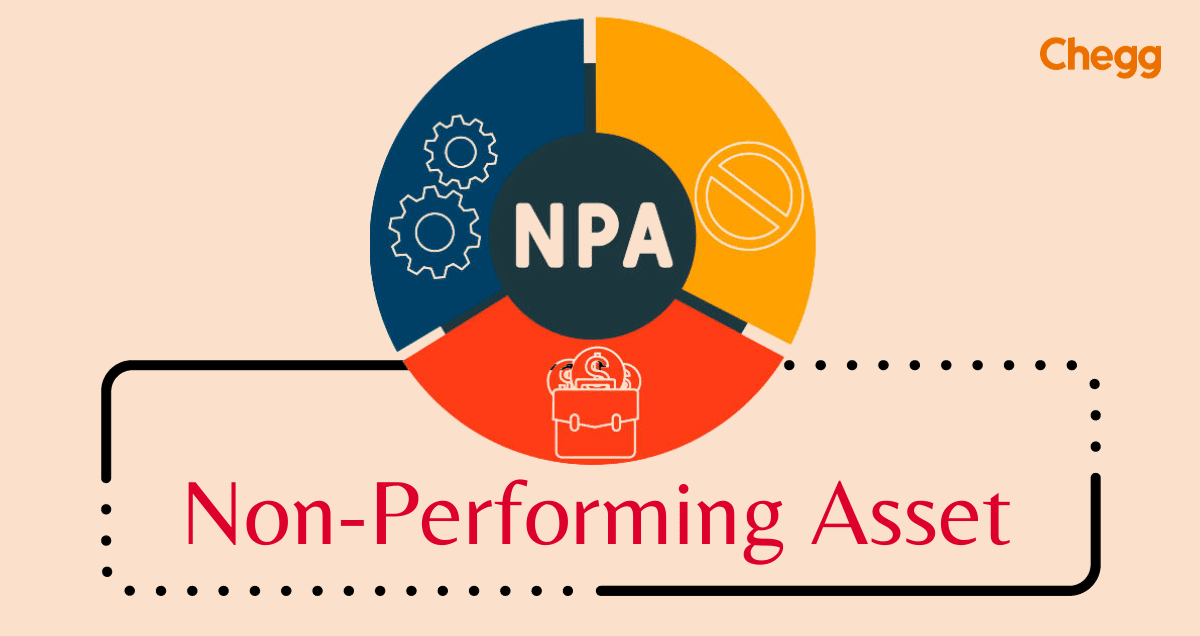If you’ve been following our blog, you know that debt relief is a tricky, case-by-case type of business. One person might be a good fit for debt negotiation, another debt settlement, and another debt management. There is no one-size-fits-all option.
And yet we still get the occasional visitor who is simply convinced that credit settlement is their only option.
Debt reduction can be a good option for many people, but it isn’t always the right path.
Instead of pushing people towards debt settlement, we want to help them explore all their options. And we want to be honest every step of the way about the pros and cons of each method.
So before you decide that debt settlement is your only way out of your debt load, let’s take an honest look at debt settlement.
Debt Reduction Myths
Not only do some clients come to us with big misconceptions about debt settlement and how it works, we often find that some debt relief companies are perpetuating myths about settlement in an effort to make a quick buck.
So we want to take a look at some of those misconceptions and myths, and clear the air. You deserve to be debt free. And you deserve to do it with a company who is honest with you.
So what are these debt reduction myths?
Myth #1: It Won’t Affect Your Credit Score
If only, if only.
Unfortunately, the nature of the debt settlement beast is that it IS going to affect your credit score, and not in a nice way.
Before settlement can even begin, you have to be delinquent on your payments, most times for months. Every missing payment is another ding on your score. And even once you’ve settled, your paid debt isn’t reported as “paid”, but as “settled”, which is a negative mark on your score as well.
No honest company is going to tell you that it can settle your debts without harming your credit score. The goal is to harm it as little as possible, while putting you in a position to rebuild your credit.
Myth #2: Settlement Stops the Collection Calls
Yes and no.
Once settlement is agreed upon, the calls will stop. Sometimes even while negotiations are happening.
But while you are waiting and skipping payments to get ready for settlement? Chances are, collection calls may become even more frequent. Debt settlement takes nerves of steel and the patience of a saint.
The calls WILL stop, once the debt has been settled. After all, collectors aren’t calling just to chat, and if you don’t owe anymore money, there’s no reason to get in touch. You just have to be willing to wait out the process. And with some of the dubious tactics used by debt collection companies, it can be a frightening process.
Myth #3: There’s No Cost to You
Debt negotiation companies are businesses, and they need to make money. Usually this comes in the form of fees paid by the client (you) once a debt is settled.
These fees are typically a percentage of the settled debt, somewhere in the 15 – 25% range, depending on the company and circumstance.
As a side note, you should always ask about fees upfront, just like you would any business. It’s tempting to look at a debt relief company as purely altruistic, and while they do exists to help people, they also exist to turn a profit, and it isn’t at all rude or unexpected to ask.
In addition, any amount forgiven over $600 is considered income by the IRS, and is subject to income tax. There are a few exceptions, but in general, you will have to pay taxes on forgiven debts.
The Debt Settlement Process
Now that we’ve cleared the air of a few debt settlement myths, let’s talk about the process.
Step 1: Consult with Professionals
Before you can get started, you’ll sit down with credit settlement specialists and discuss your unique situation. You’ll go over income, expenses, debt history, the works.
The credit specialist will look over everything and help you figure out the best solution for your situation. If you decide with your specialist that a debt management plan or consolidation loan is the best option, they will lay out that plan for you. If debt settlement is agreed upon, you’ll move on to step 2.
Step 2: Quit Paying and Start Saving
It is unlikely that you will walk away with your creditor having forgiven you entire debt. Typically, they will forgive a portion, and you will pay the rest.
This amount will be paid in one lump sum at the time of settlement.
So now, you will stop making payments on your debt and start putting that money into a savings account or other safe place to act as your payment once your debt has been negotiated down.
This is often the hardest part of the process. Collectors will still be calling, possibly even more than before. You don’t need to tell your creditors about your settlement plans. You don’t even need to talk to them. Just keep putting the money away in the account (your specialist will help set this up for you) and remember that you are playing the long game.
Step 3: Make Contact
Well, you don’t make contact. Your debt negotiation company does.
Somewhere between 90-180 days after you stop paying your debts, the company will contact your creditors and begin negotiations. They will make your case to your creditors, explain that you cannot pay the full amount, and attempt to get part of the debt forgiven.
Your creditor is going to be taking a look at your situation at this point also. They will look at your payment habits with other creditors, if you have them, as well as any other pertinent information.
This part can take awhile. Just keep being patient. Once the credit company has finished their investigation, they will send you an offer for reduced terms.
Step 4: Settling the Debt
Once they have sent their offer and you have accepted, the money you set aside earlier will be released to the company, clearing your debt and ending the process.
If you have more debts to be settled, you’ll head back to step 2 and start again until you’ve settled out all your debts.
Credit Settlement: The Honest Conclusion
We’ve said it again and again. Debt negotiation and debt reduction is not right for every situation. But if it is the right choice for you, it is important that you are informed and aware of every step along the way.
If you are struggling with debt and need a solution, we can help.



Leave A Comment